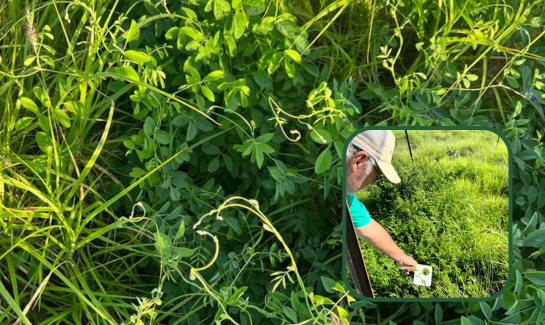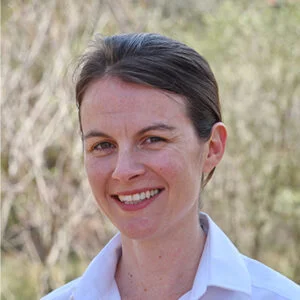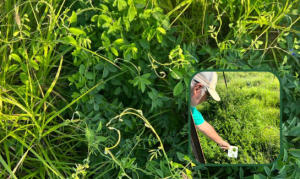Update on our CRC-P research project at Peronne Station
Project Name: New Pastures to Increase Livestock Productivity in the North
One of the goals for this CRC-P research project was to identify methods to establish Progardes® Desmanthus in paddocks across northern Australia.
Site
Peronne Station
Hughenden, Queensland
Site Background
Land type: Gidgee/Boree alkaline clay soil
Average annual rainfall: 475mm
The 420ha paddock was cleared/blade ploughed in 2017 and then aerially sown to Progardes® Desmanthus in November 2017 at 3kg/ha.
Project Background
We have been monitoring the paddocks sown to Progardes® Desmanthus year on year to evalaute the persistence over time and differing conditions.
Despite most years having well below average rainfall, the Progardes® and buffel grass has persisted, and even improved, over recent seasons. The Progardes® has also shown good seed recruitment.
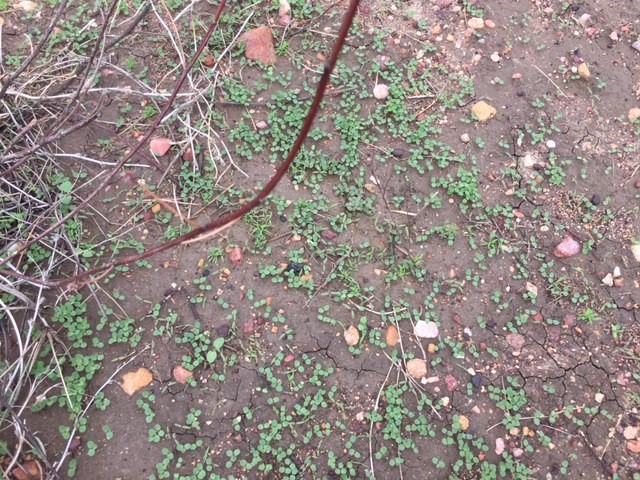
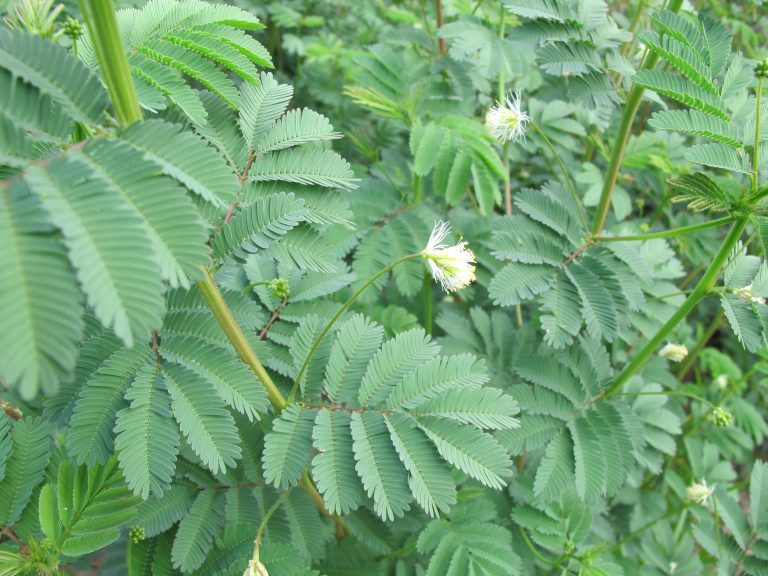
Project Update
The Agrimix team visited Peronne Station in March this year and were blown away by the Progardes® paddocks.
Chris Gardiner, the project’s Chief Investigator, says the 420ha paddock is an excellent example of the great resilience and hardiness of Progardes® being able to persist over many years.
“Progardes is well adapted to this semi-arid clay soil environment and will contribute greatly to the productivity and sustainability of the paddock for years to come”, adds Chris.
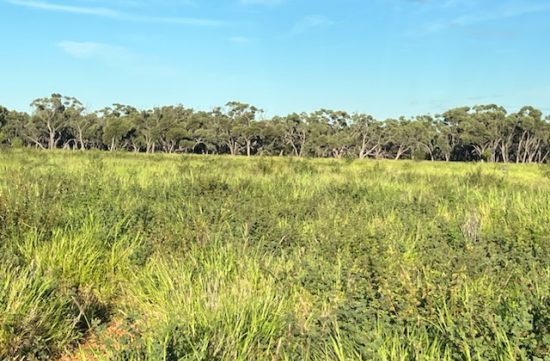
The video below shows the progression of the sown Progardes® paddock from 2017 to now:
Checking up on small plot variety trials:
The team also checked in on the small plot evaluation trials where we’re observing a range of potential new legume cultivars for northern Australia.
“These plots are looking fantastic,” commented Agrimix’s Seed Production Manager, Mark Keating.
It’s exciting to see such promising results from these trials.
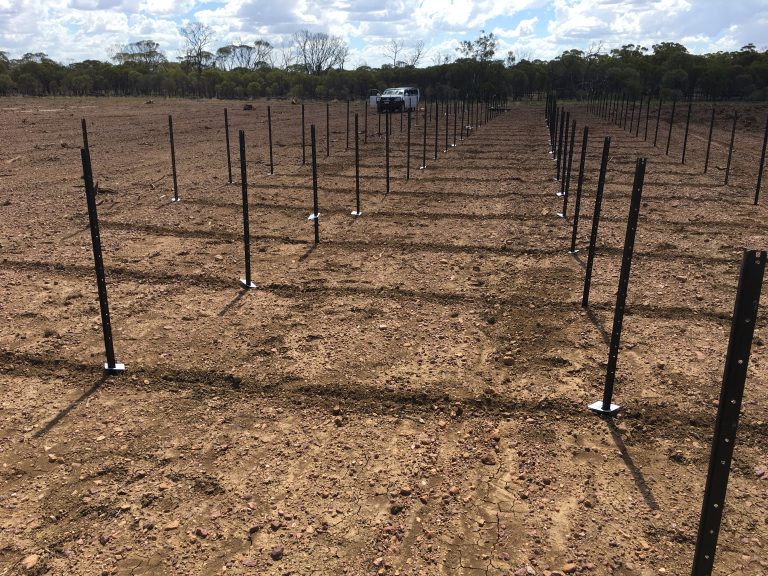
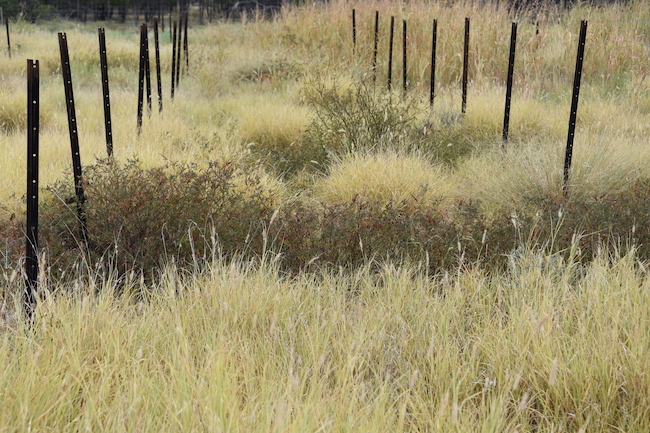
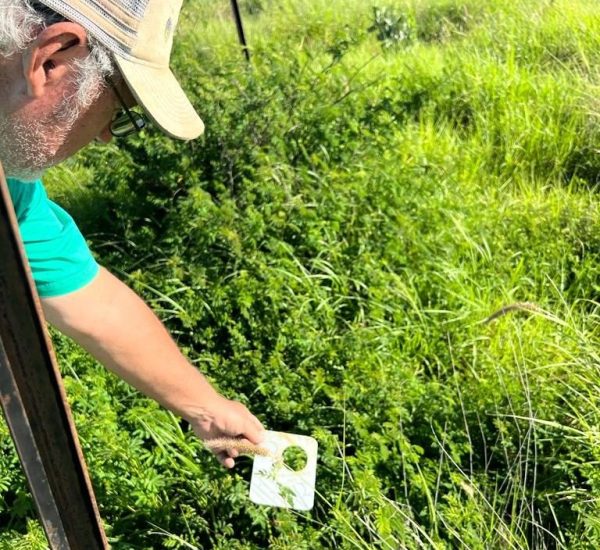
This research was partially funded by the Australian Government through a Cooperative Research Centres Projects grant (CRC Project No. 58599).

